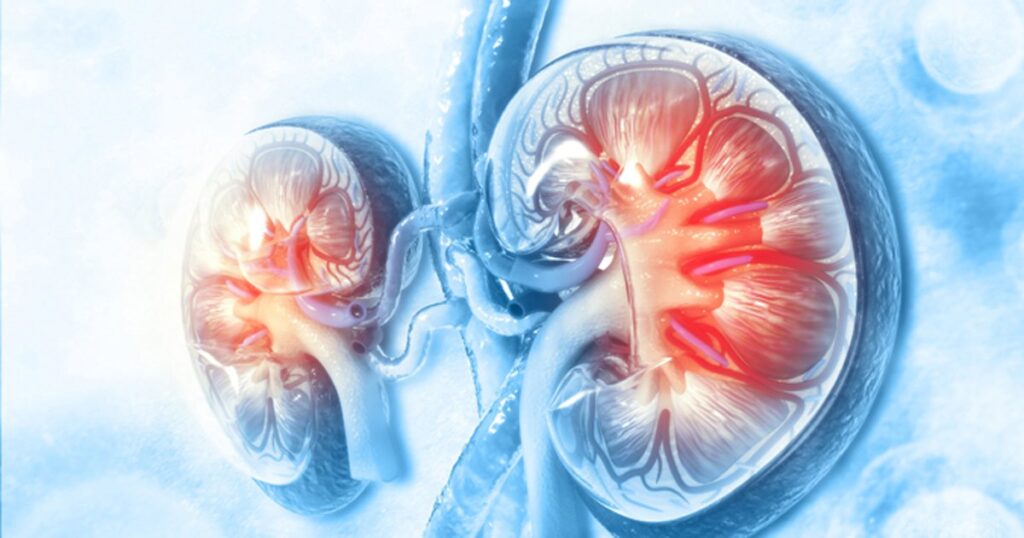
Kidney disease compromises its ability to filter waste and fluids for excretion. As kidney disease advances, you are at risk of severe fluids, waste, and electrolyte buildup, which can be fatal without treatment. Tsegaw E Egziti M.D can help with kidney disease diagnosis and management to avoid organ failure. Kidney disease mainly results from other medical conditions that impair its function, and the damage gradually advances, which can take months or years. Understanding the common risk factors is essential to help you take the right measures, including routine screening for prompt detection and treatment. The common kidney disease risk factors include:
Genetics
Kidney disease, mainly ADPKD (autosomal dominant polycystic kidney disease), tends to run in families. With ADPKD, fluid-filled cysts form on the kidneys, which damage them over time. If a close relative like a sibling or parent has had ADPKD, you are at risk of kidney disease. Routine screening can help catch the cysts and follow treatments like drawing out the fluid from the cysts or surgical removal to mitigate the damage. Besides the cysts, you may also have congenital structural abnormalities that put you at risk of developing kidney disease. There is no way around your genes, but with a kidney-friendly lifestyle, you can mitigate the risks or ensure prompt treatment to slow the damage.
Diabetes
Kidney disease is among the common severe diabetes complications. High blood glucose can damage nephrons, the tiny filters in the kidneys. The blood sugar levels also cause damage to blood vessels in the kidneys. Nephrons damage impairs kidney functionality, which worsens as the organ does not get proper blood supply for replenishment from the affected blood vessels. Even worse, diabetes can lead to high blood pressure, a kidney disease risk factor.
Cardiovascular concerns
Heart disease, failure, and high blood pressure can lead to or aggravate kidney disease. In high blood pressure cases, the blood vessels narrow and weaken throughout your body, constricting blood flow. Without sufficient replenishment, the kidneys fail to function correctly, which worsens over time. In a heart failure situation, your heart can’t efficiently pump blood, resulting in congestion. This causes pressure buildup in the vein connecting the heart and kidneys, which results in blood congestion in the kidneys. The congestion and pressure cause kidney damage. Managing cardiovascular conditions helps improve circulation, mitigating kidney and other organ damage.
Obesity
The excess weight forces the kidney to work beyond the normal levels to filter wastes. The renal hyperfiltration needed to keep up with the high metabolic demands of obese people causes damage that impairs the kidneys’ ability to function as efficiently as possible, resulting in CKD (chronic kidney damage). Shedding the extra weight can significantly lower the kidney load and keep the healthier.
Lifestyle habits like smoking or long-term use of nonsteroidal anti-inflammatory drugs commonly used in pain management can also increase the risks of kidney disease. The best way to care for your kidneys is by adopting a healthier lifestyle and including routine screenings in your healthcare regimen. Visit Kidney Specialists Center today for all your kidney-related needs.